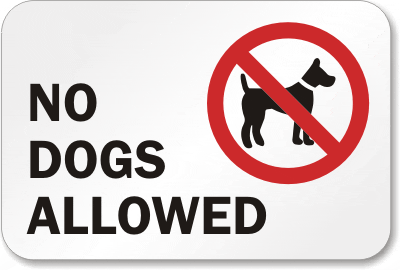
Peter Gorbing attended a Public Policy Exchange Conference on 21 January 2016 as a key speaker on Dangerous Dogs and Responsible Pet Ownership.
‘Sadly, we’ll all be very aware of the tragic stories that make front page news every year when someone is badly hurt or even fatally injured by a dog, but despite all the legislation the problem is far from going away. So maybe it’s time to rethink how we ensure that all dog owners have a responsibility to ensure their dogs are happy, healthy and well socialised.
There are millions of great dog owners in the UK each of whom will have their own story of where their dog has had a positive impact on them and their families, including benefits to their health and wellbeing. At the same time government statistics show a significant increase in dog bites, attacks and assaults over the past 10 years. This resulted in changes to the Dangerous Dogs Act in May 2014 making it illegal to let a dog be dangerously out of control anywhere, including the owner’s home. All dogs in England will have to be micro-chipped from April 2016 and maximum sentences were increased for attacks on assistance dogs. In addition, new laws came into force to help local authorities, social housing landlords and police to prevent dog attacks. ‘Dogbos’ may require owners to attend dog training classes, muzzle the dog or insist it is kept on a lead in public.
Since the legislation came into force the number of court cases involving dog attacks has increased by 62%, so clearly more needs to be done. Although there is a place for legal protection, it is now time to focus on educating people about dogs.
5 point plan to support responsible dog ownership
So, here is a suggestion for a 5 point plan to support responsible dog ownership so people can really build a strong relationship with their dog.
- Encourage schools to include dog welfare and safety in the curriculum. The Kennel Club’s (KC) Safe and Sound programme offers a great foundation for children to understand dogs better.
- Help people select the right dogs for them and their family and make the best of that relationship. Dog ownership requires careful thought and planning and people need help and support, especially if they have no past experience of owning a dog. Dogs for Good’s Family Dog workshop service is a great example of this and has had incredible results for the families.
- Create incentives for dog owners to behave responsibly. For example, we could encourage greater public access for dogs that have progressed through the Kennel Club’s Good Citizen Dog Training Scheme, or create insurance products with lower premiums for people who can show they have taken part in relevant workshops/on-line training, or trained their dog to a certain standard.
- Help policy makers to understand and embrace the value that dogs bring to our society. Dogs make us healthier and happier, so we need to ensure policy makers do not create laws and regulations that have a negative effect on our wellbeing.
- Create a national dog advice line where people can get useful information and talk to experts if they have concerns about their dog or want to develop their skills and knowledge. This is a great opportunity for experts in the private and charitable sectors to collaborate.
This Plan will not stop people who wilfully use dogs for negative purposes, but it could deliver the real change that is required to create happy and healthy dogs living in our community, which in turn will have a positive impact on us all.
Dog are good for us, so we must do everything we can to ensure people have access to the necessary information and skills enabling them to really understand their dog, see themselves as responsible dog owners and recognise their dogs needs.
Maybe you have other ideas – please join the debate.’
Peter Gorbing, Chief Executive at Dogs for Good